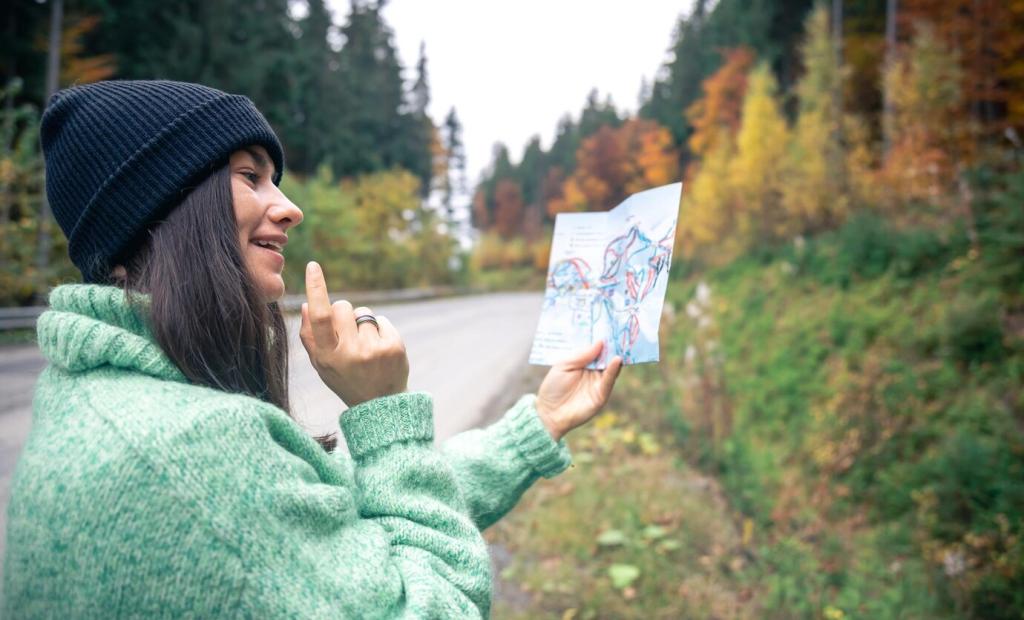Building Resilience for Lasting Inner Peace
Today’s chosen theme: Building Resilience for Lasting Inner Peace. Welcome to a calm corner of the internet where we explore steady, science-backed ways to face storms, anchor gently, and grow stronger roots. Join the conversation, subscribe for weekly practices, and share how resilience shows up in your life.
From Bounce-Back to Grow-Forward
Think of resilience as more than bouncing back; it is growing forward. A teacher once told me she measured progress by quieter classrooms after difficult days, not by perfect lessons. Tell us where you see growth peeking through in your week, even if it looks small.
The Science of Calm Under Pressure
Research on heart rate variability and vagal tone suggests our bodies learn composure like a skill. Breathing, sleep quality, and supportive connection improve recovery. Inner peace becomes more durable when physiology and mindset cooperate. Want more breakdowns? Subscribe for practical science translated into friendly routines.
Your Role in the Story
Resilience grows when you choose simple, repeatable actions. Pick one practice today and stick with it for five days. Share your choice in the comments—naming it publicly can help you follow through and encourages others to build their own peaceful momentum.
Quieting the Nervous System
A commuter at 7:12 a.m., stuck between floors in a humming elevator, drew a square in her mind: in for four, hold for four, out for four, hold for four. She emerged smiling, not because the morning changed, but because she had a steady handle.

Cognitive Resilience: The Stories We Tell
When anxiety spikes, labeling the feeling engages the brain’s language centers and eases the amygdala’s grip. Try, “I notice a wave of worry about deadlines.” It is honest without panic. Comment with your favorite emotion labels—your examples might become someone’s lifeline during a tense afternoon.
Cognitive Resilience: The Stories We Tell
Reframing is not pretending. It is choosing a different angle of truth. Instead of “Everything is failing,” try, “Two tasks stalled; one is moving; I can influence one more.” Share a recent reframe that helped you act without denying difficulty; we will feature standout examples next week.


Micro-Habits That Compound Peace
Before the world arrives, take two minutes for a simple anchor: sip water, breathe slowly, set one intention. The discipline is not dramatic, but it shapes the day’s slope. Try it tomorrow and comment with a single word describing the difference you noticed by noon.
Community, Connection, and Boundaries
Ask for a Little Help, Early
A nurse on night shift learned to ask, “Can you watch my bay for five minutes?” before the overwhelm peaked. Early, specific asks get yeses. Practice a small request today and tell us how it landed; your story might encourage someone to reach out sooner.


Listening That De-escalates
Reflect back the gist of what you heard—“So you’re frustrated by the changing deadline”—then pause. This tiny echo often lowers defenses because people feel seen instead of corrected. Try it once this week and share the outcome; micro-moments like these build lasting inner peace.
Recovering After Setbacks
After a tough day, jot three lines: what happened, what helped, what I will try next time. This frames difficulties as data. Over months, patterns appear, and confidence grows. Try tonight and share one insight tomorrow; these small lessons become resilient muscle memory.


Recovering After Setbacks
A founder once described a failed launch as her best teacher: it revealed which metrics mattered and which were noise. Rewriting scars into stories honors pain without letting it define identity. If you have a scar-story, share a sentence; your courage can normalize imperfect paths.
Nature and Movement as Medicine
Take a ten-minute walk without earbuds. Notice three colors, two textures, one sound fading. Many readers report problems shrinking by the third block. Try today and write one sentence about what loosened; we highlight reader walk-notes to encourage consistent outdoor minutes.

